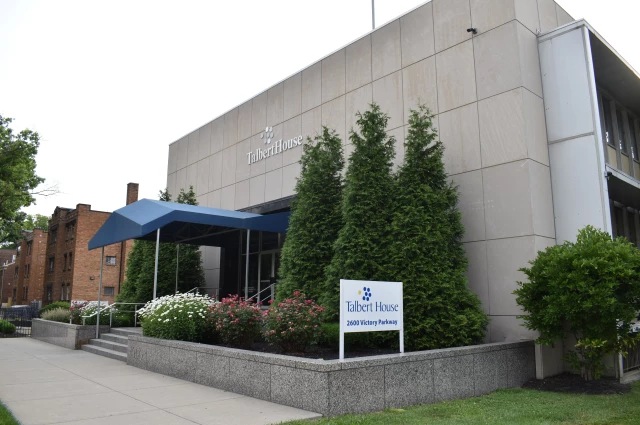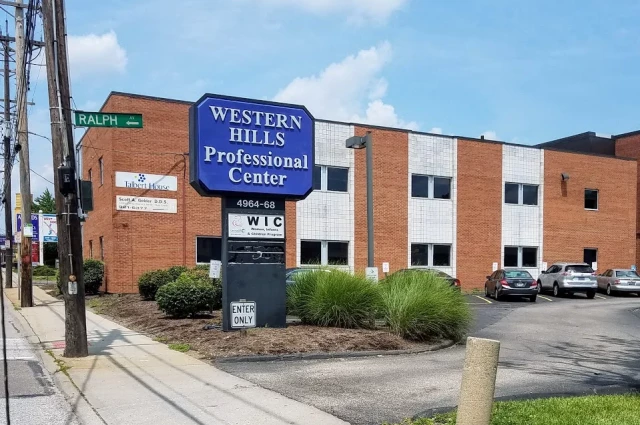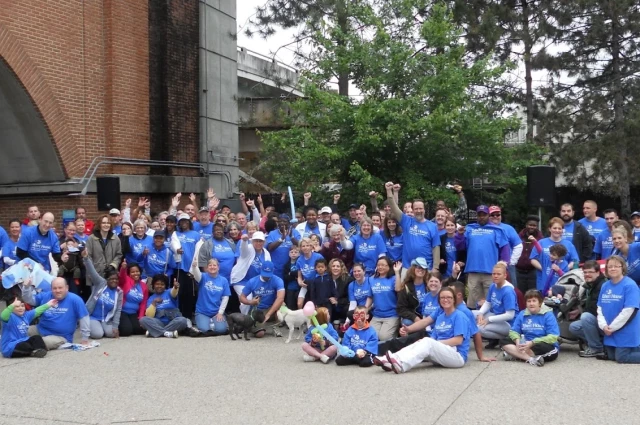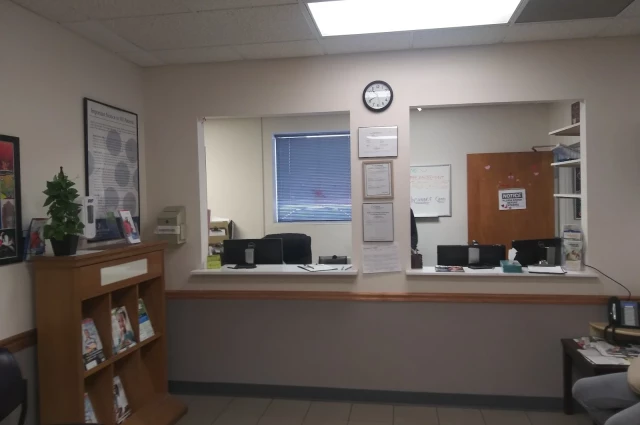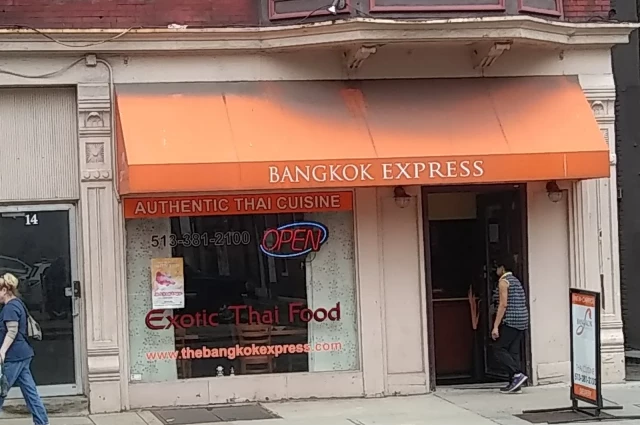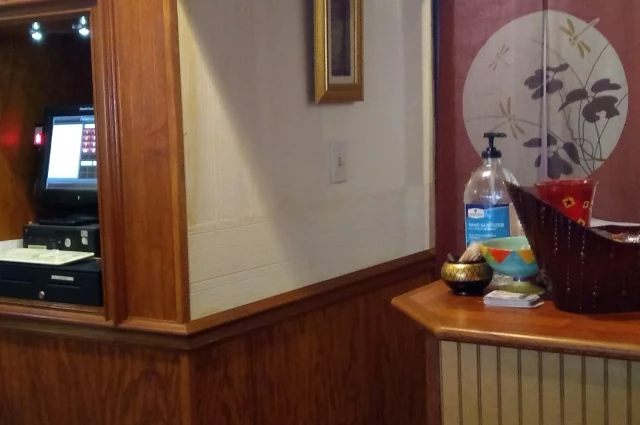Talbert House Information
Treatment
Who We Treat
- Male and Female
- LGBTQ+
- Veterans
Approaches
- Group Therapy
- Cognitive Behavioral Therapy (CBT)
- 1-on-1 Counseling
- Online Therapy
Conditions We Treat
- Post Traumatic Stress Disorder (PTSD)
- Trauma
- Co-Occurring Disorders
Languages
- English
Level of Care
- Outpatient
Experience
Smoking and Vaping Policy
- Smoking Not Allowed
- Vaping Not Allowed
Accreditations
-
Commission on Accreditation of Rehabilitation Facilities (CARF)
CARF accreditation is a prestigious recognition granted to rehabilitation and human service organizations. It signifies that an organization meets high-quality standards, having undergone a rigorous evaluation process. CARF accreditation boosts an organization's credibility and ensures top-notch care for individuals with disabilities, injuries, or healthcare needs.

Talbert House Accepts The Following Insurance Plans
Find the best treatment options. Call our free and confidential helpline today!
